Iran’s fuel delivery to Lebanon slap in face of US, Israel, says analyst
A political commentator says the recent delivery of Iranian fuel to Lebanon facilitated by the Hezbollah resistance movement and Syria is “a slap in the face of US and Israeli hegemony” as it broke the sanctions and siege imposed on the countries.
In an interview with Press TV on Tuesday, Vanessa Beeley stressed that Washington and Tel Aviv engineered the fuel crisis in Lebanon in a bid to demonize Hezbollah, but the resistance group, along with Tehran and Damascus, used the opportunity to demonstrate their ability to provide the much needed aid to the Lebanese nation.
“The successful delivery of Iranian fuel, through Syria to Lebanon organized by Hezbollah is a slap in the face of US and Israeli hegemony in the region. It has broken the sanctions and siege imposed and enforced by the US in an effort to bring both Syria and Lebanon to their knees economically,” she said.
“The US and Israel are being cornered by their own corrupt policies and multi-spectrum-dominance agendas. Having engineered the fuel crisis in Lebanon in order to demonize Hezbollah and to allow their corrupt puppets within the Lebanese political sphere to benefit from fuel theft and hoarding, they have effectively given Hezbollah, Iran and Syria the opportunity to demonstrate their ability to bypass US Coalition barbaric sanctions and to provide the much-needed humanitarian and energy aid to the people of Lebanon, thus elevating the image of Hezbollah and Syria in the eyes of Lebanese civilians, many of whom had been turned against both by US and Israeli propaganda.”
Hezbollah imported Iranian fuel to ease the pain of the people in Lebanon, which is nearly paralyzed by fuel shortages amid an economic crisis.
Iranian ships unload their fuel cargo at Syria’s Baniyas port, from where it is being transferred to Lebanon with tankers.
The first convoy of the tanker trucks carrying Iranian fuel arrived in northeastern Lebanon on Thursday, with people celebrating their arrival by lining roads, waving flags, distributing sweets and blasting heroic anthems.
Elsewhere in her interview, the London-based journalist said the threatened attacks on the Iranian tankers did not materialize in the face of the unity and collaboration of the nations that have suffered under the supremacist US policies for decades.
“As an ultimate irony, yesterday power cuts disrupted the parliament session in Lebanon and MPs were forced to request power generators from Hezbollah. The new Prime Minister Najib Makati who campaigned against the delivery of Iranian fuel but who needed the parliamentary session to secure a vote of confidence for the newly-established cabinet had no other option than to be rescued by the Iranian fuel facilitated by Hezbollah and Syria,” she added.
“The Resistance bloc… will perceive this as a demonstration of the anti-imperialist emerging dominance in both Syria and Lebanon at the expense of US and UK efforts to establish alternative proxy political regimes which are failing on a daily basis.”
Beeley further referred to the latest advances by the Syrian army in the country’s southern provinces against foreign-backed terrorists and the liberation of Dara'a al-Balad, a southern district of Dara’a city.
“Recent events in Syria also herald a new Resistance push-back against the US imperialist cabal… Three years of UK/US-backed assassinations, suicide attacks and clandestine operations to overthrow the Syrian government and to murder anyone considered 'loyalists' has been curtailed and brought back under the auspices of the Syrian military and state,” she said.
“This will inevitably lead to the movement of Hezbollah forces closer to the Syrian border with the Zionist entity and it is notable that there have been no unlawful Israeli attacks against Syria since the Dara’a ceasefire came into effect on August 31.”
Dara’a province returned to government control in 2018 under a ceasefire backed by Russia. However, militants stayed on in Dara'a al-Balad and clashed with government forces over the summer.
A new Moscow-brokered truce has seen dozens of anti-Damascus militants bused out and government forces deployed to the area over the past few weeks.
Hundreds of armed militants have also handed over their weapons to the Syrian army under the reconciliation process.
Iran appoints new central bank governor after currency fluctuations
General Ahmad Vahidi appointed deputy commander of IRGC
Iran MPs hail triple satellite launch as major milestone in space program
VIDEO | Bangladesh holds a solemn funeral for former Prime Minister Khaleda Zia
Historic Indian city of Lucknow in a state of disrepair
'Mythomania': Iran calls out CNN for amplifying Netanyahu's lies on its nuclear program
Israeli paper reveals high cost of new laser air defense system
IRGC intelligence forces disband terrorist cell in southeast Iran


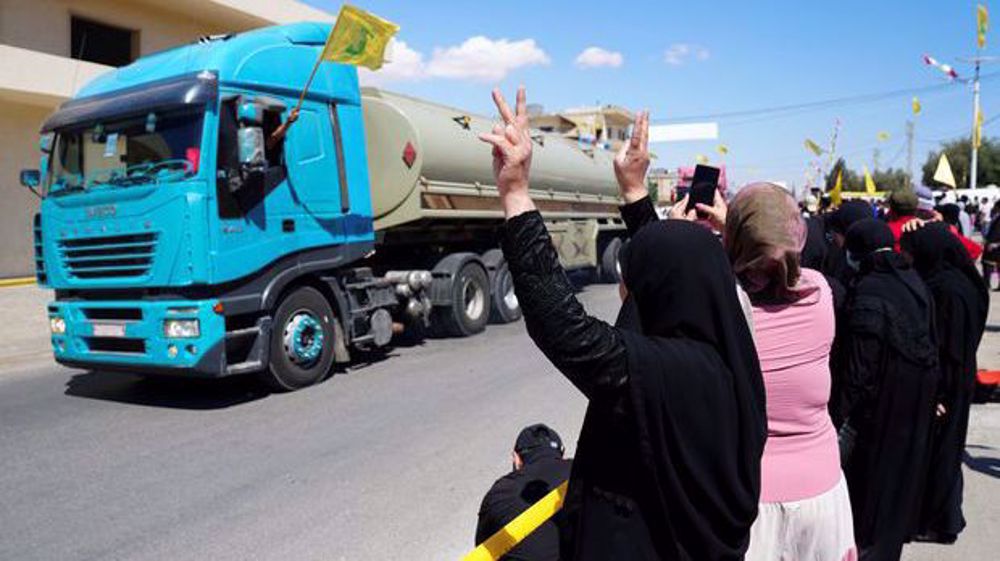
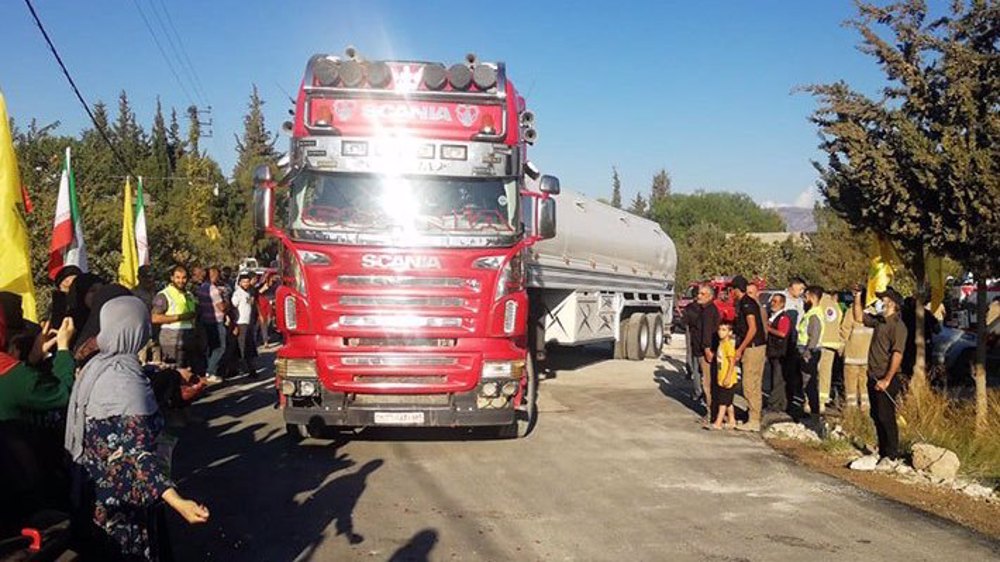
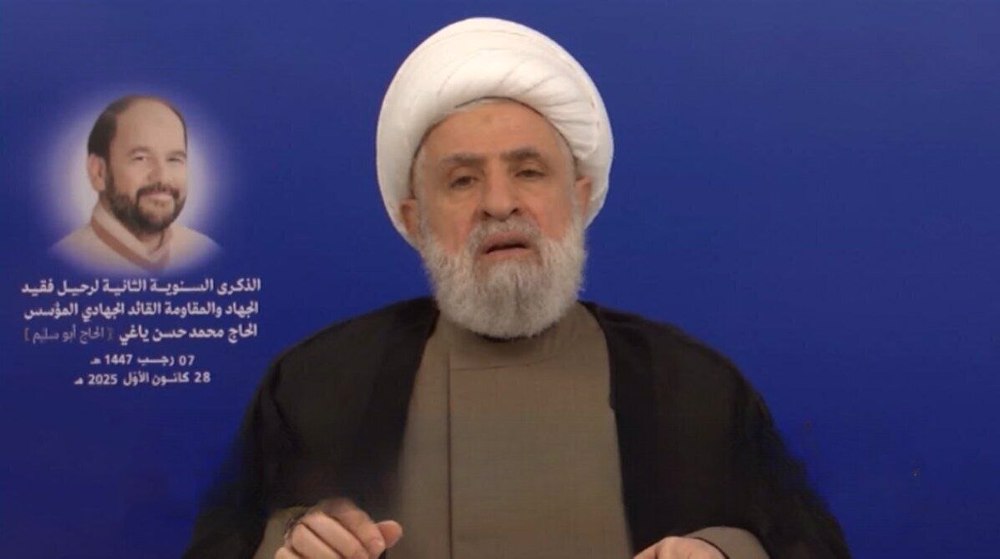
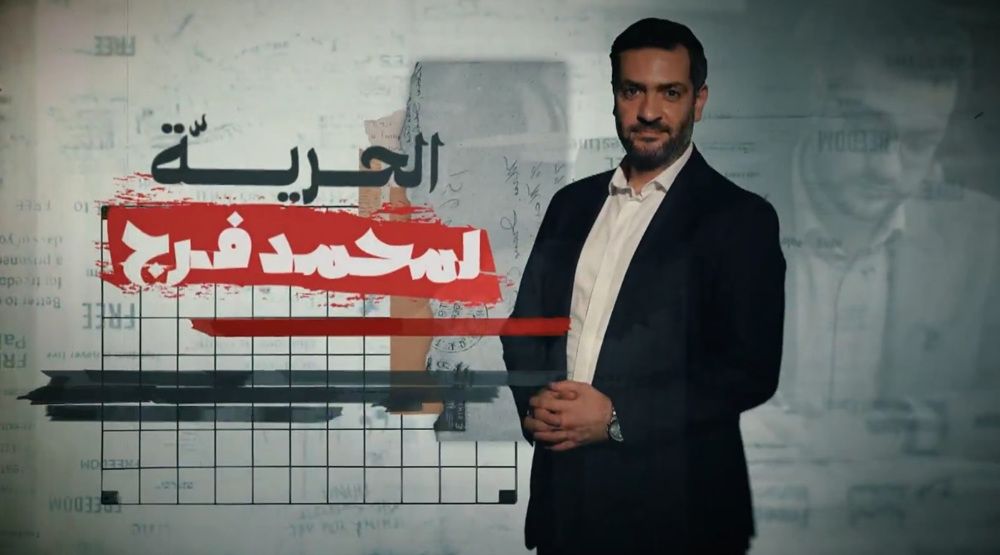
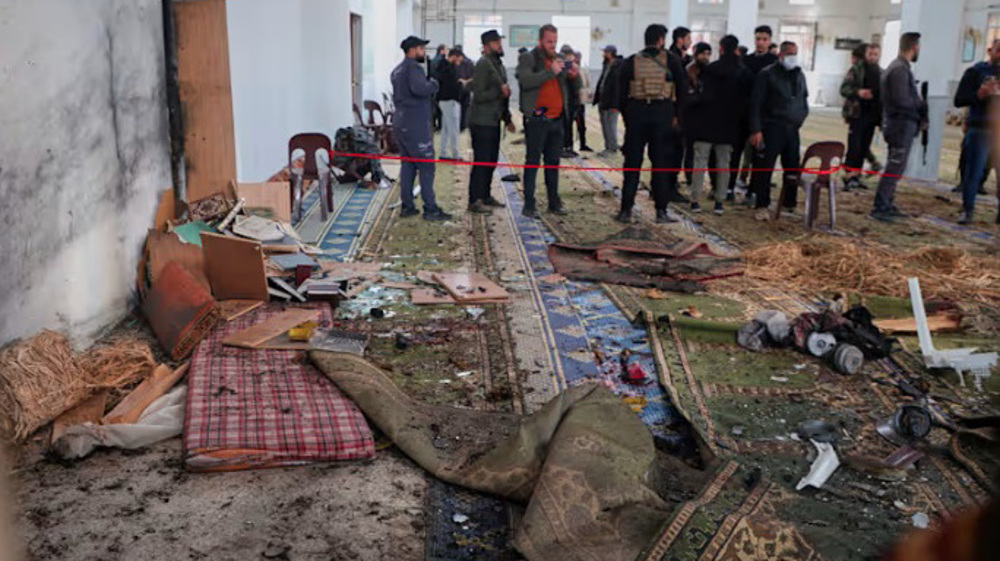



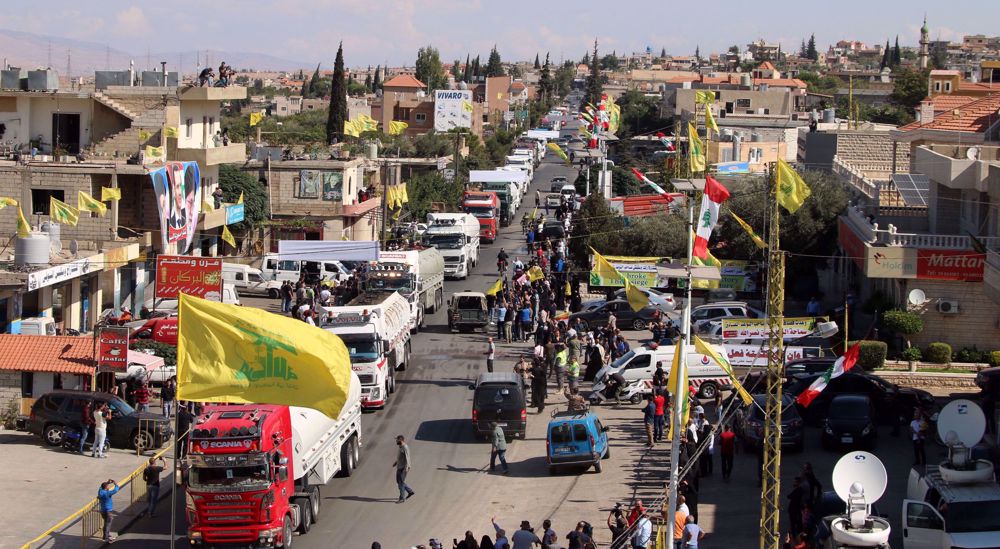
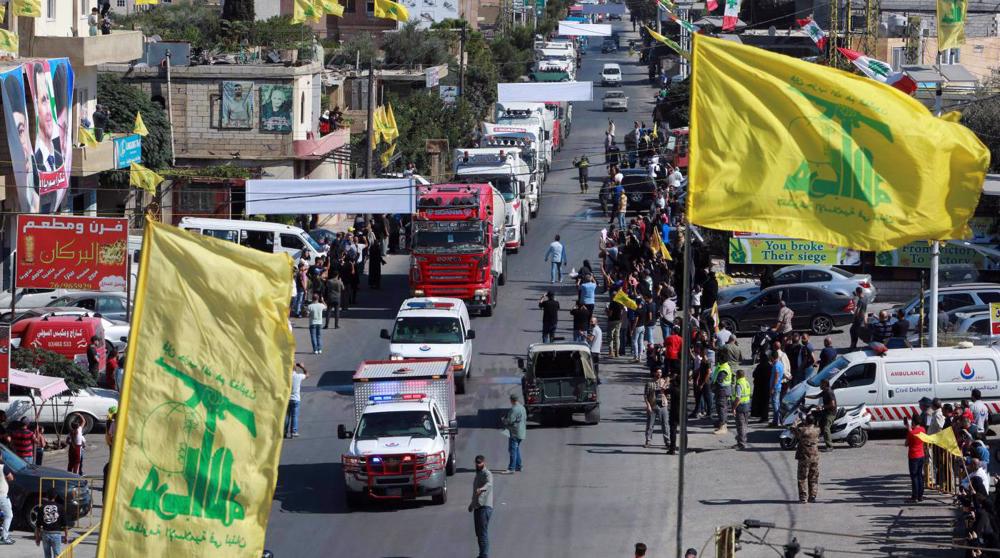
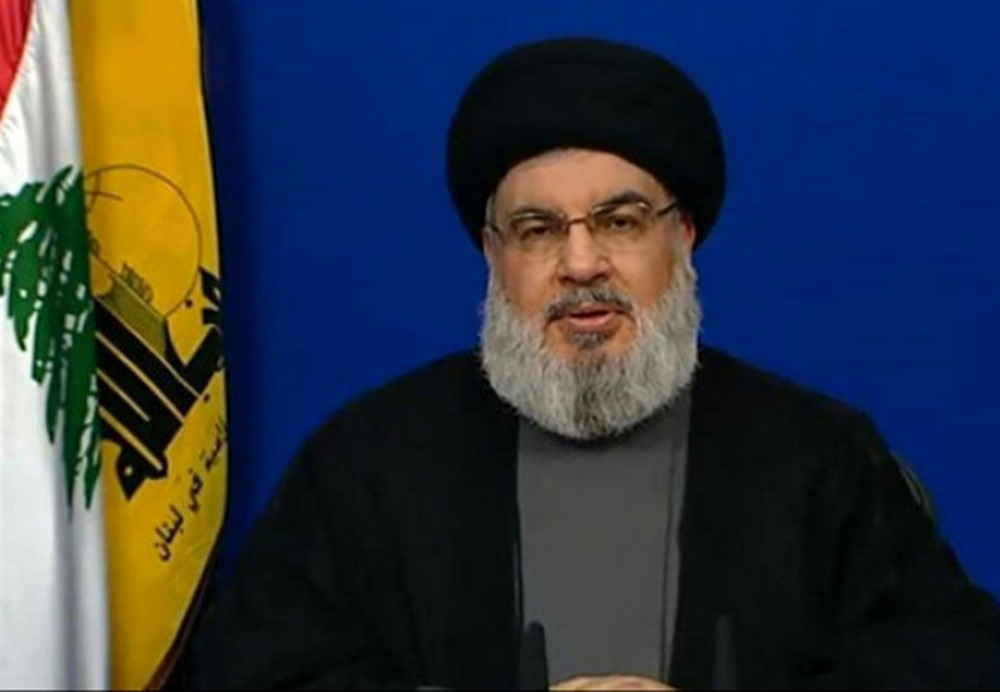
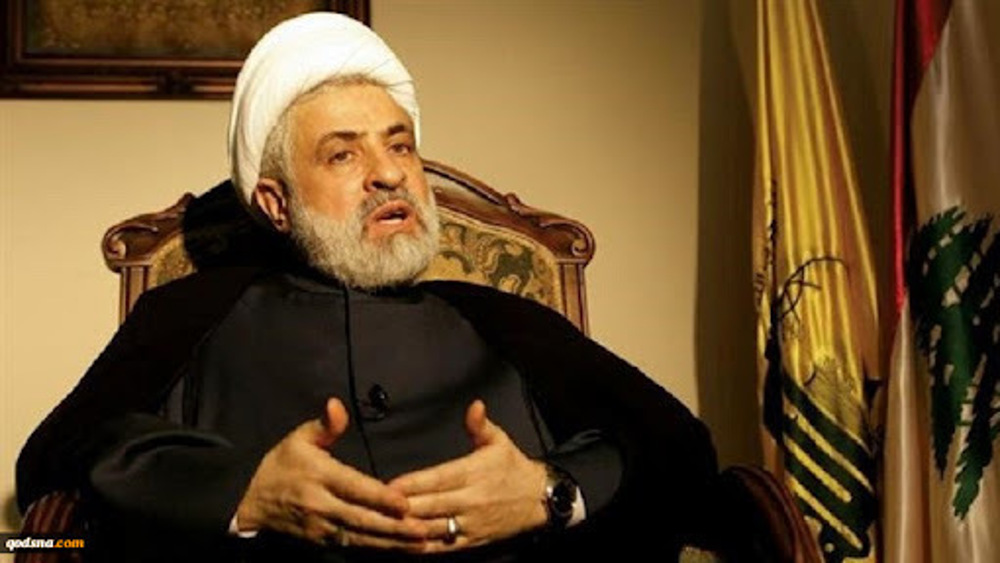
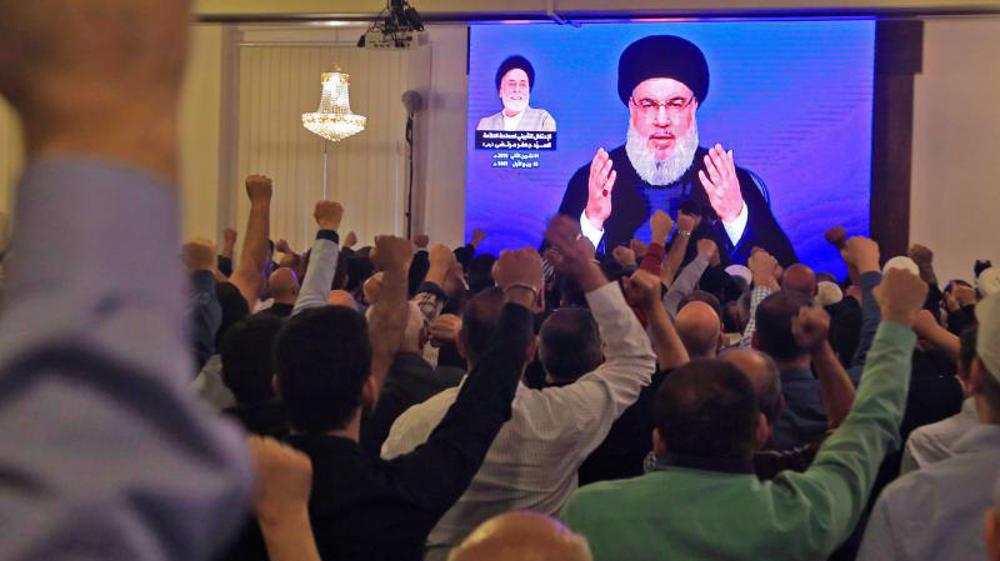

 This makes it easy to access the Press TV website
This makes it easy to access the Press TV website